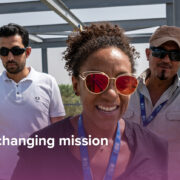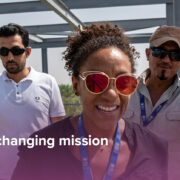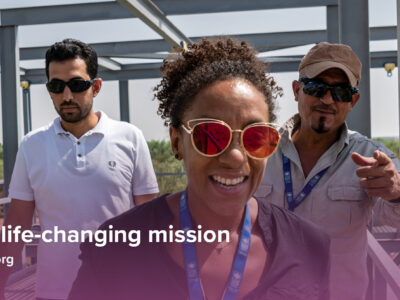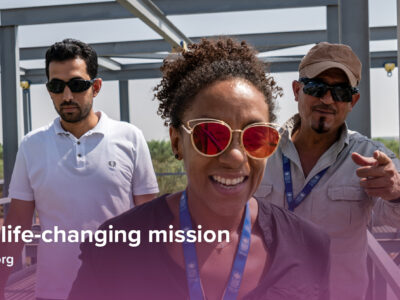UN Women, grounded in the vision of equality enshrined in the Charter of the United Nations, works for the elimination of discrimination against women and girls; the empowerment of women; and the achievement of equality between women and men as partners and beneficiaries of development, human rights, humanitarian action and peace and security.
UN Women East & Southern Africa Regional Office (ESARO) maintains a large presence in the Eastern and Southern Africa region, covering 25 countries, with 12 Country Offices and a Programme Presence in Somalia. In accordance with the UN Women Strategic Note, and in line with the UN Women – African Union Africa Strategy, UN Women works to advance social, economic, and political rights of women and girls, including the right to live free of all forms of violence.
Ending violence against women and girls (EVAWG) remains a priority area for UN Women in East and Southern Africa, as the most widespread violation of human rights. Regional prevalence estimates of women and girls’ experiences of different forms of violence are often higher than global averages.[1] For example, the WHO 2018 prevalence estimates show that 20% of ever-married/partnered women aged 15–49 in Sub-Saharan Africa have experienced physical and/or sexual intimate partner violence (IPV) in the past 12 months, the highest compared to other regions, while 33% have experienced violence in their lifetime, which is higher than the global estimates of 27%.[2] The ESARO also focuses on women and girls in their diversity, with attention to marginalized, excluded, and underrepresented groups, including, but not limited to rural women, women with disabilities, women living with or affected by HIV, women survivors of violence, women migrants, widows, elderly women among others.
UN Women East and Southern Africa is working to improve the impact of existing programming in the region through strengthening capacities of regional actors on effective approaches for the prevention and response to violence against women and girls (VAWG), improving access to evidence and facilitating learning of what works and enhancing violence against women and girls the role of social influencers and advocates for transforming social norms in favour of gender equality. This requires deepening investments in collaborative partnerships working across multi-level and multi-sectoral programming for EVAWG across Africa.
[1] See: What we do: Ending violence against women | UN Women – Africa
[2] WHO (World Health Organization). 2021. Violence Against Women Prevalence Estimates, 2018: Global, Regional and National Prevalence Estimates for Intimate Partner Violence against Women and Global and Regional Prevalence Estimates for Non-partner Sexual Violence against Women. Geneva: WHO, on behalf of the United Nations Inter-Agency Working Group on Violence Against Women Estimation and Data (United Nations Children’s Fund, United Nations Population Fund, United Nations Office on Drugs and Crime, United Nations Statistics Division and UN Women).
UN Women ESARO seeks to hire an intern to support the EVAW portfolio in these efforts, working under the direct supervision of the EVAW Policy Specialist and in collaboration with the EVAW Community of Practice in East and Southern Africa.











Comments